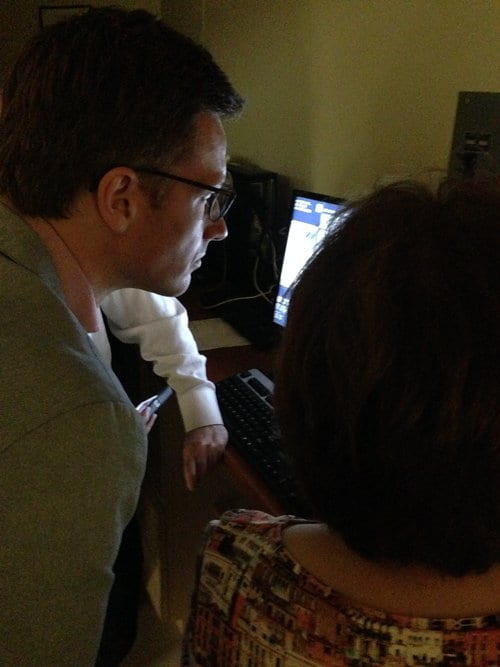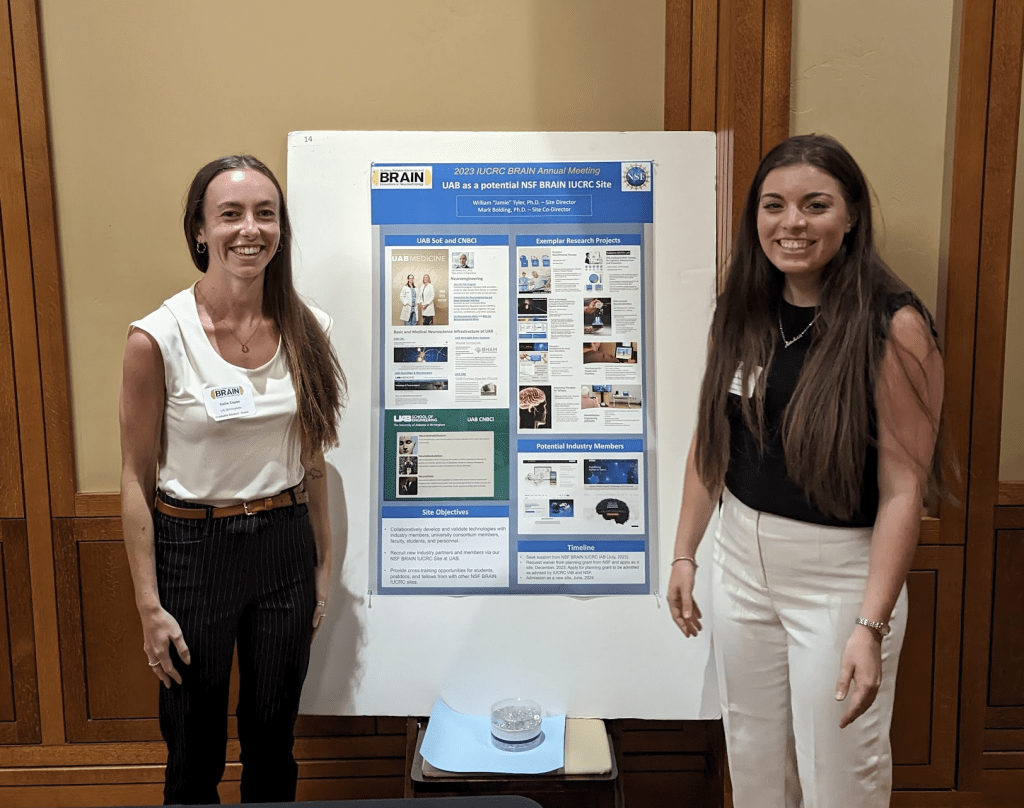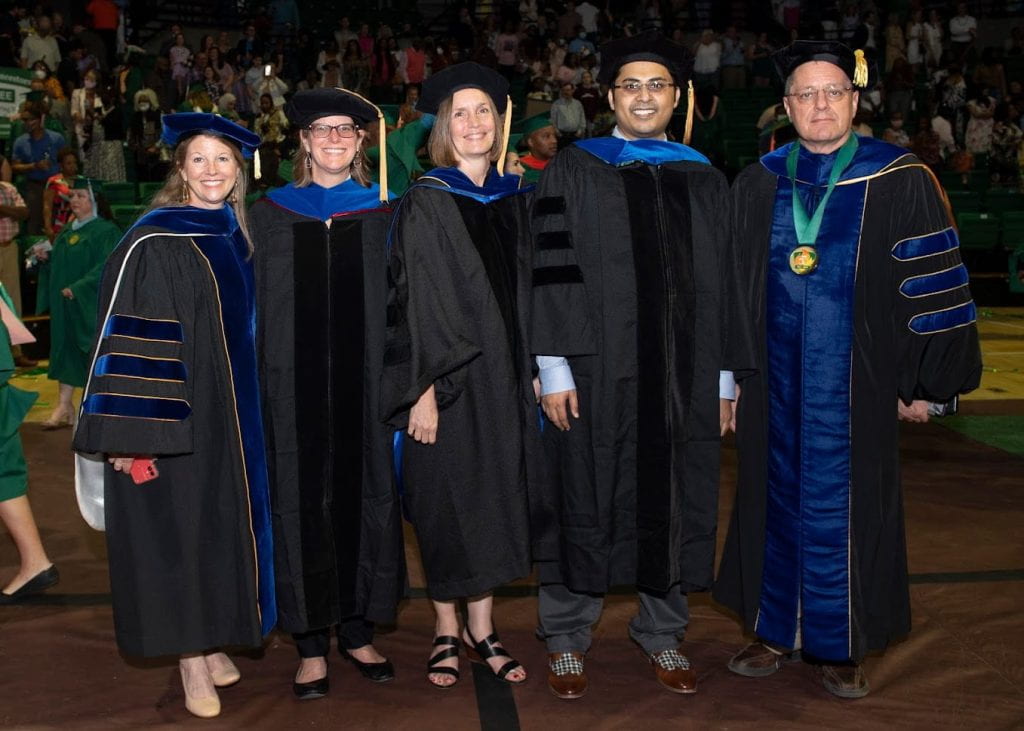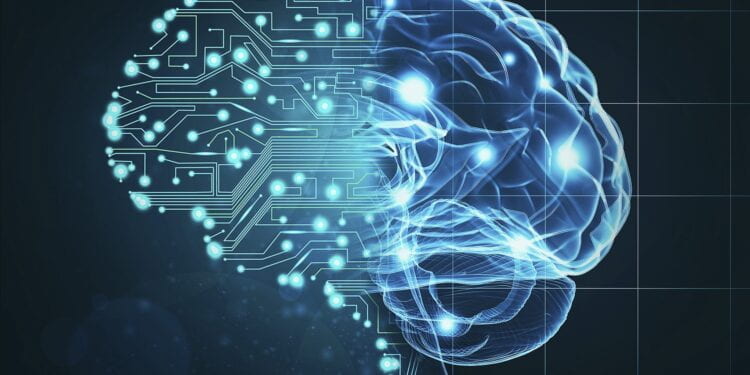Birmingham, AL – The University of Alabama at Birmingham (UAB) Center for Neuroengineering and Brain Computer Interfaces is proud to announce its hosting of the inaugural NeuroGateways 2023 Symposium. The event took place on March 30th and 31st, 2023, at the UAB National Alumni House.
NeuroGateways 2023 brought together a diverse group of experts from UAB and external institutions, including academic scientists, clinicians, and industry professionals. The symposium aimed to facilitate discussions on the latest discoveries, clinical applications, and business opportunities in neuroengineering and neurotechnology.
With three central themes, Neurorehabilitation, Neuromodulation, and Neurodata, the symposium covered a broad range of topics. Neurorehabilitation focused on the use of neural activity to control devices for assisting and restoring lost function. Neuromodulation aimed to improve the quality of life for patients through the alteration of brain, spinal cord, or peripheral nerve activity. Neurodata highlighted the collection and integration of vast amounts of neural and imaging data for hypothesis-driven queries and Big Data analyses.
The symposium spanned two days, with sessions running from 8am to 5pm on Thursday, March 30th, and 8am to 2pm on Friday, March 31st. Participants had the opportunity to meet experts from academia and industry who shared their knowledge and research in the field of neuroengineering and neurotechnology. The focus of the presentations and associated activities was on practical applications and approaches to the technology.
“The goal of NeuroGateways 2023 was to foster an environment of collaboration where different approaches to neurotechnology could be explored and discussed,” said Dr. John Smith, Director of the UAB Center for Neuroengineering and Brain Computer Interfaces. “We wanted participants to gain insight into the current state of neuroengineering and neurotechnology and be prepared to apply these advancements to their respective fields.”
To learn more about the symposium, including the agenda and topics covered, please visit the NeuroGateways 2023 website at speaker.neurogateways.com/agenda.
About UAB Center for Neuroengineering and Brain Computer Interfaces:
The UAB Center for Neuroengineering and Brain Computer Interfaces focuses on multidisciplinary research and innovation in neuroengineering and neurotechnology. Through collaborations








